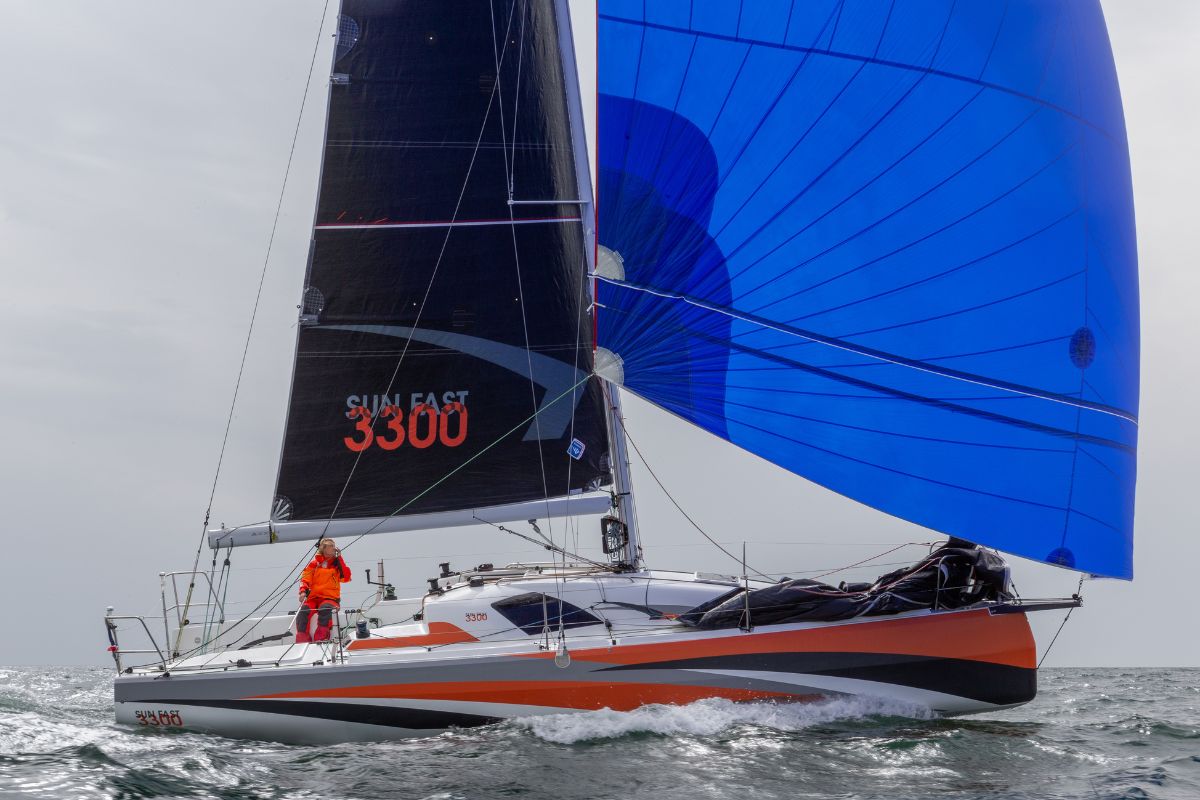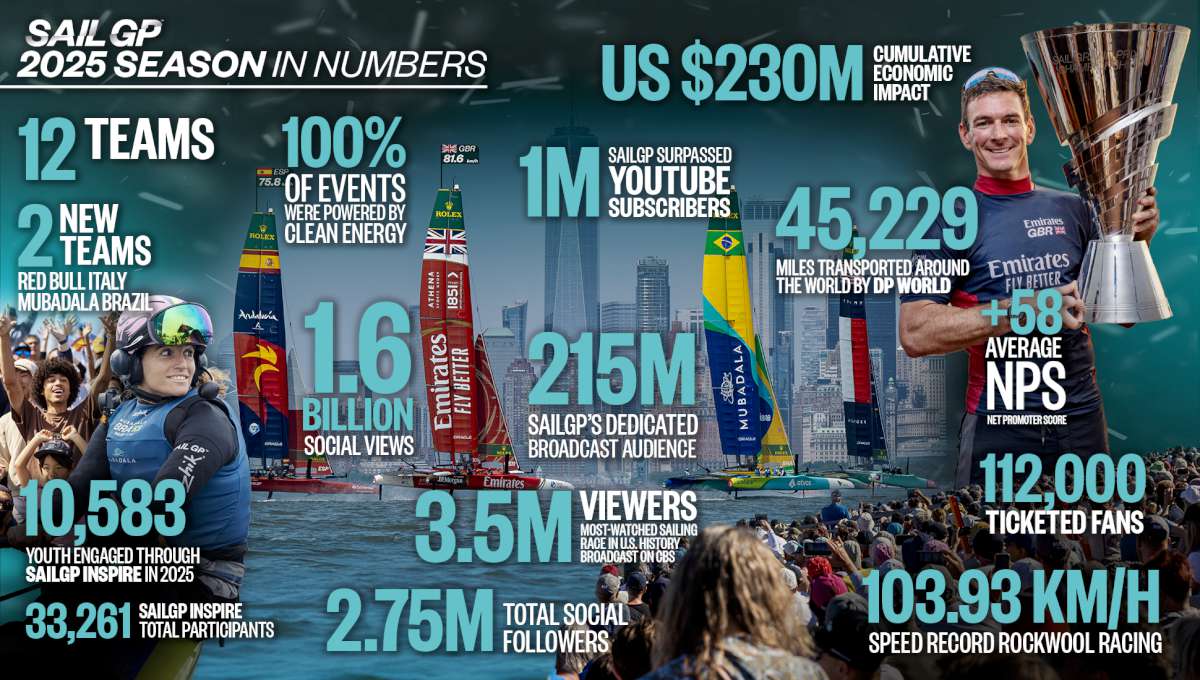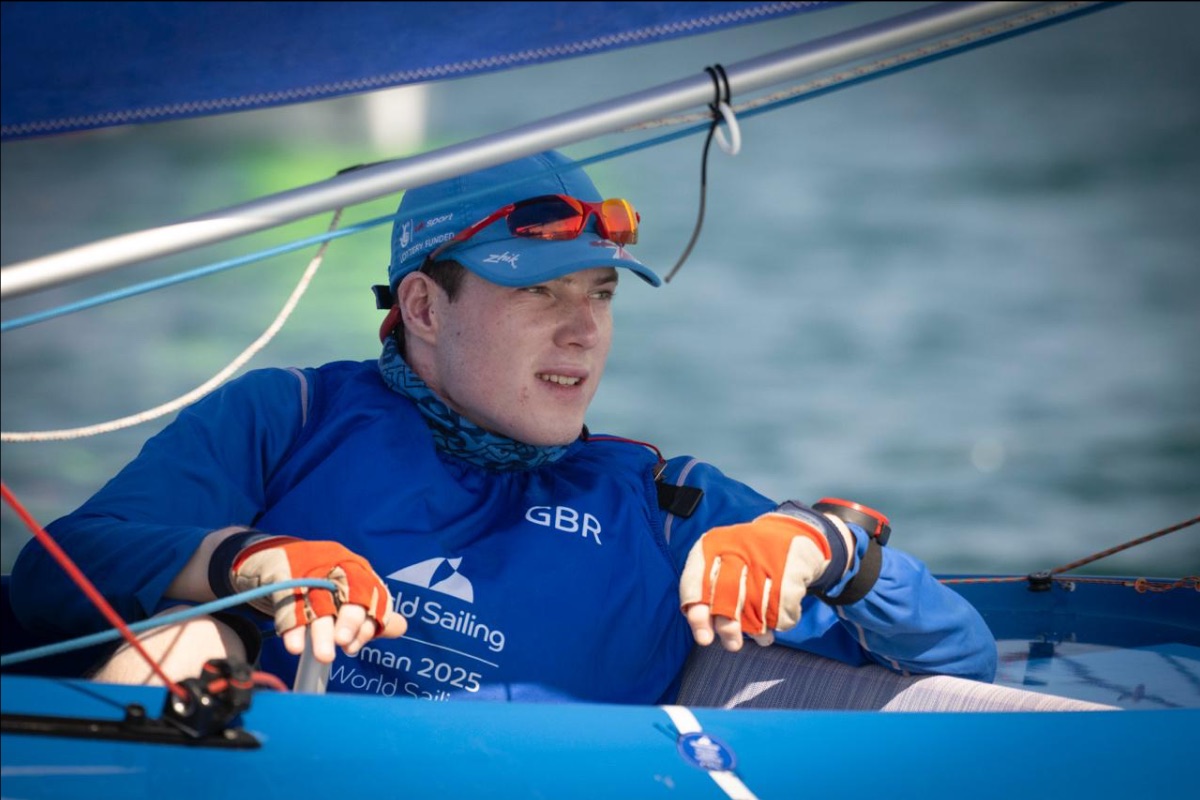Exactly how do you manage to distinguish the sounds that you should be worried about from the rest?
M. L. – Actually, it's pretty intuitive. Amongst all the hullabaloo, you eventually find a kind of harmony. You feel that the boat is at one with the elements, and that everything's well set, when the sound of the water along the hull, the slamming against the waves, and the whistling of the rig or the foils follows a certain rhythm. In the race, even when I sleep, my ears are still on watch. And if this balance of sounds is disrupted it's enough to immediately wake me up. For example, in the Transat Saint-Barth – Port-la-Forêt, the noise produced by my keel ram breaking, immediately alerted me to the problem even before the boat started behaving abnormally.
How do you stand the noisy environment? And look after yourself?
M. L. – Not easily! There are some noise-cancelling headphones now that cut you off from the outside world. And which prevent you from really hearing the boat. I tested some headphones that diminish the noises without filtering them out, but I don't really find I have the same sensitivity. However, you have to look after yourself. While sailing offshore, I've learned to listen to music, like the playlists my girlfriend makes me. This allows me to catch my breath, and escape things a bit. But I know that many sailors suffer from tinnitus for several days after a long sail offshore…
Listen to the sound of the Safran boat sailing here.
– See more at: http://www.safran-sailingteam.com/media/20160121_sounds-sea#sthash.UCG1ZPEl.dpuf
























